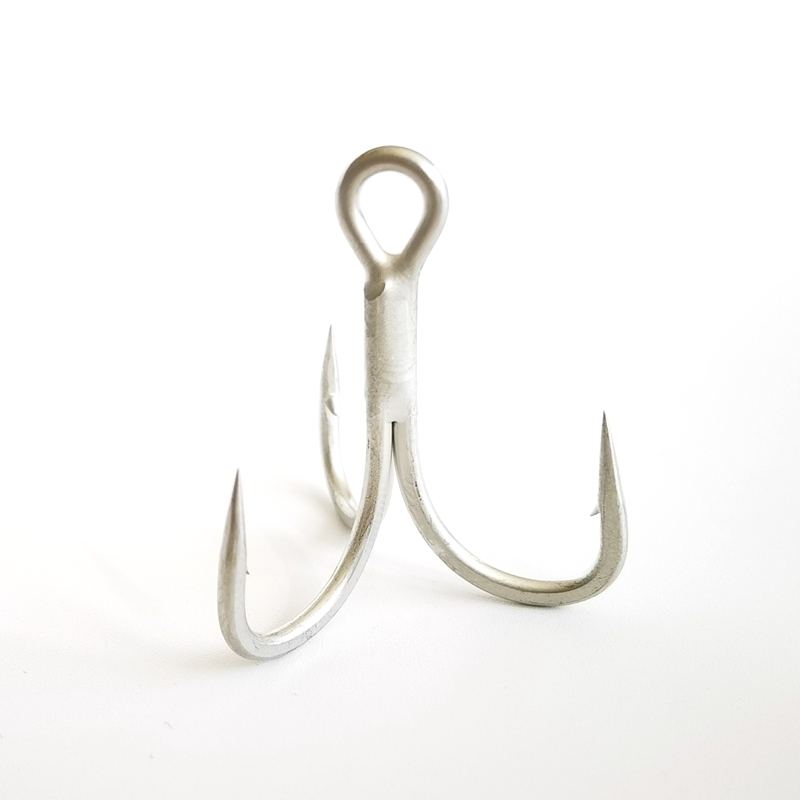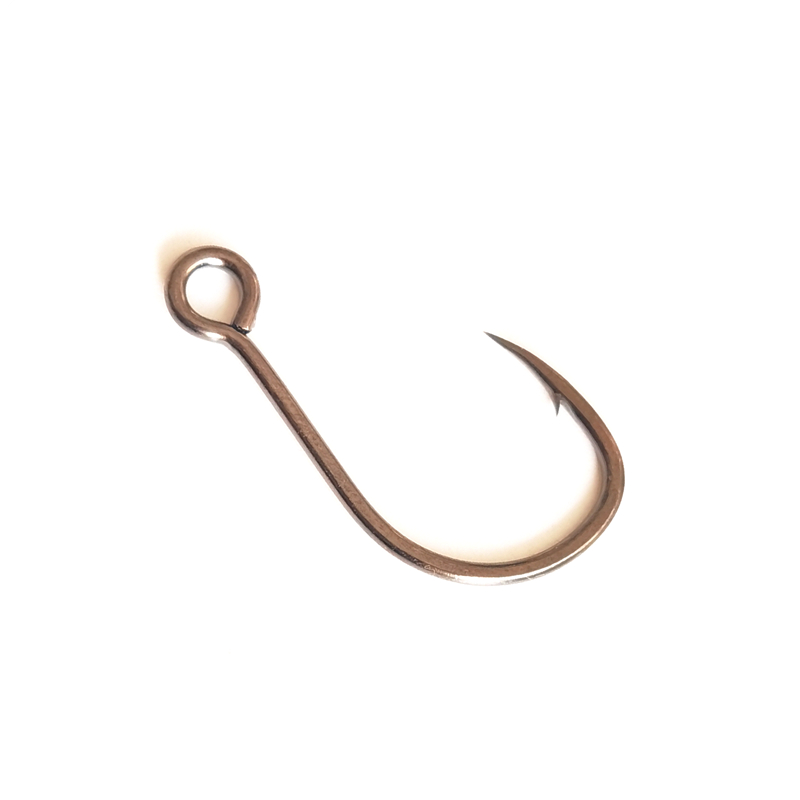When it comes to largemouth bass fishing, few topics spark as much debate as the choice between treble hooks and single hooks on crankbaits. Both options have their loyal advocates, and each offers distinct advantages and drawbacks depending on the fishing scenario. Understanding these nuances can help anglers optimize their setups for better hookup ratios, reduced snags, and improved fish handling. Let’s dive into the key considerations for selecting the right hook type for your crankbait arsenal.
Treble Hooks: Pros and Cons
Treble hooks, featuring three prongs, are the traditional choice for most crankbaits. Their design aims to maximize hookup opportunities by increasing the number of contact points.
Advantages:
1. Higher Hookup Ratios: Trebles excel in scenarios where bass swipe at lures or strike aggressively. The multiple prongs increase the likelihood of at least one point embedding during a fastpaced attack, especially with topwater baits or fastmoving crankbaits.
2. Versatility in Open Water: In open water or when targeting suspended fish, trebles provide reliable performance. Their spreadout design helps secure fish even during erratic fights.
3. Suitability for Larger Baits: Heavier crankbaits and lipless models often benefit from trebles, as the hooks balance the lure’s action and maintain its intended swimming profile.

Bkk hooks
Disadvantages:
1. Snagging and Weed Issues: Trebles are notorious for catching vegetation, wood, or rocks, making them less ideal for heavy cover. Anglers fishing near submerged structures often face frustration with fouled hooks.
2. Fish Handling Challenges: Removing trebles from a thrashing bass—or worse, an accidental selfhooking—can be timeconsuming and risky. Barbed trebles amplify this issue, though crushing barbs can ease removal.
3. Increased Mouth Damage: Multiple hook points can harm fish, particularly during deep hooksets. This is a critical consideration for catchandrelease anglers.
Single Hooks: Pros and Cons
Single hooks, whether inline or offset, are gaining popularity among bass anglers seeking a more streamlined and ecofriendly approach.
Advantages:
1. Reduced Snagging: Single hooks glide through vegetation and structure with minimal hangups, making them ideal for fishing around docks, grass lines, or timber.
2. Easier Fish Handling: With only one point to manage, unhooking fish is quicker and safer. Barbless singles further simplify releases and reduce injury risks.
3. Lure Action Preservation: Lightweight single hooks maintain a crankbait’s balance and action, which is crucial for suspending jerkbaits or finesse presentations.

Disadvantages:
1. Lower Hookup Rates: Singles may miss fish that strike impulsively or swipe at lures. This is especially true for widebodied crankbaits, where a single point has fewer chances to connect.
2. Limited Holding Power: Once hooked, fish might shake free more easily with a single hook, particularly during jumps or headshakes.
3. Adjustment Period: Switching from trebles requires refining hookset timing and retrieval speed to account for the smaller target area.
When to Choose Treble or Single Hooks
The decision hinges on your fishing environment, target behavior, and personal priorities:
Treble Hooks Shine In:
Open water or sparse cover where snags are minimal.
Topwater fishing (e.g., walking baits) where bass strike explosively.
Cold water conditions, where sluggish bass require multiple hook points to secure bites.
Single Hooks Excel In:
Heavy vegetation or rocky areas where snag resistance is critical.
Clearwater scenarios where a subtle, natural presentation matters.
Catchandrelease fisheries prioritizing fish health.
Hybrid Solutions and Tips
For anglers unwilling to commit fully to one style, hybrid setups offer a middle ground:
Mix Hook Types: Use a treble on the belly and a single on the tail to balance snag resistance and hookup potential.
Modify Trebles: Trim one prong from a treble to create a “double hook,” reducing snags while retaining two contact points.
Adjust Hook Size: Upsize singles slightly to widen the gap, improving hook penetration without sacrificing lure action.
Final Thoughts
Neither treble nor single hooks are universally superior—the best choice depends on your specific fishing context. Trebles offer reliability in open water, while singles provide finesse in tricky cover. Experimentation is key; many anglers carry duplicate crankbaits rigged with both hook types to adapt on the water. By weighing factors like habitat, bass behavior, and conservation goals, you can tailor your setup to maximize success and enjoyment on every trip.
*For more insights on optimizing your bass fishing gear, explore our guides on lure customization and ethical angling practices.*